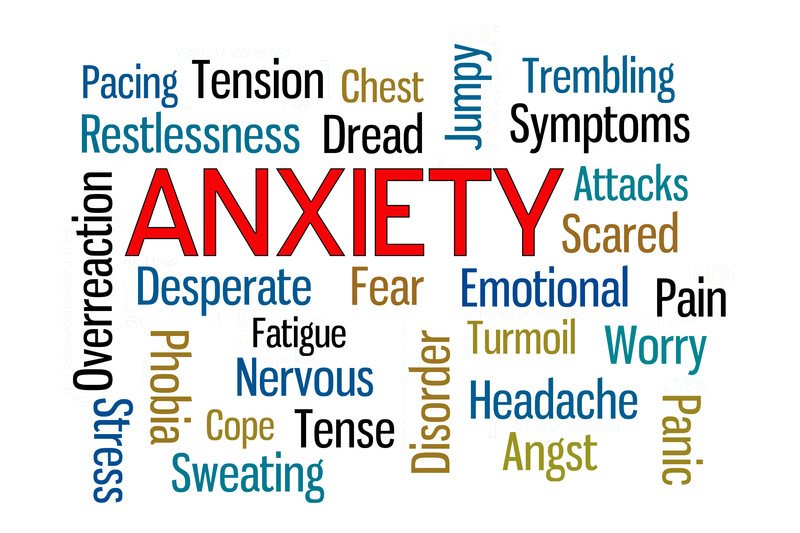YES YES YES!

Many people who have been in a motor vehicle accident find themselves doing one or more of the following things after the accident:
- constantly checking their mirrors
- being extra cautious when entering an intersection
- avoiding left turns across oncoming traffic
- avoiding passing the scene of the accident
- constantly worrying about what other drivers are going to do
- avoiding driving in certain situations, places, or refusing to drive altogether
In the personal injury context, any or all of these behaviors are commonly known as “driving anxiety”.
Call it what you will – nervousness, hyper-vigilance, anxiety, or driving phobia, – nearly every person who has been involved in an accident has experienced some form of driving anxiety afterwards.
What are the symptoms of driving anxiety?
Physical Symptoms:
- unusual alertness while driving
- racing heartbeat
- a feeling of tightness in the chest
- unusual sweating
- shortness of breath, or over-breathing
Emotional Symptoms:
- feelings of apprehension or dread
- difficulty concentrating
- feeling tense and jumpy
- irritability
- feeling on impending disaster
Behavioral Symptoms:
- avoiding driving in certain situations
- avoiding driving in certain locations
- avoiding driving altogether
What can I do about my driving anxiety?
Driving anxiety can be treated by medical professionals, including counsellors, psychologists, and psychiatrists.
A common method of treating driving anxiety is Cognitive Behavioral Therapy (CBT). CBT teaches people skills and strategies for overcoming driving anxiety by learning to identify and change their thoughts and reactions while driving.
In some cases, medical professionals may even recommend driver training sessions with an experienced instructor to improve the injured person’s driving confidence.
Who pays for the treatment?
If treatment is sought within 2 years of the date of the accident, the injured person’s own insurance may cover the costs of the treatment.
If treatments are needed beyond 2 years, then the cost of those treatments could be included in a personal injury claim against the at-fault driver’s insurance.
Alberta Health Services provides free psychological treatment for minors.
How can Moustarah & Company help?
As with any injury suffered in a motor vehicle accident, it is important to be assessed and treated by the appropriate medical professionals. Moustarah & Company can refer you to medical professionals who specialize in the diagnosis and treatment of driving anxiety and related disorders. Our personal injury lawyers will help guide you through the claims process and determine how much your personal injury claim may be worth.
Please note: The information provided on this website does not constitute medical or legal advice and should not be construed as such. The lawyers and staff and Moustarah & Company are not trained medical professionals and do not hold themselves out to be such. If you are suffering from an injury, please contact your doctor or medical care provider.
The information provided on this website does not constitute legal advice and should not be construed as such. Moustarah & Company does not guarantee that this information is accurate or up to date. As a result, should you require legal advice, please contact a personal injury lawyer.

